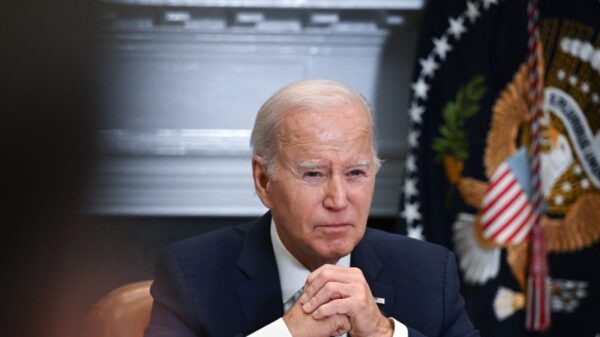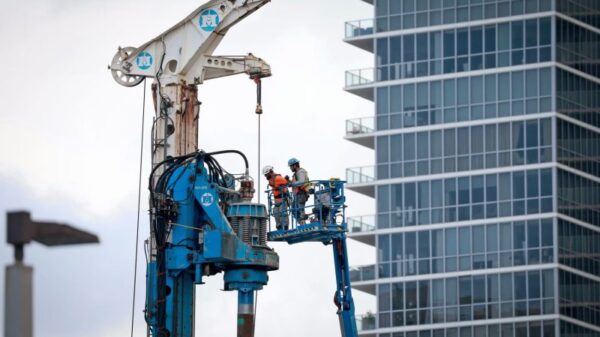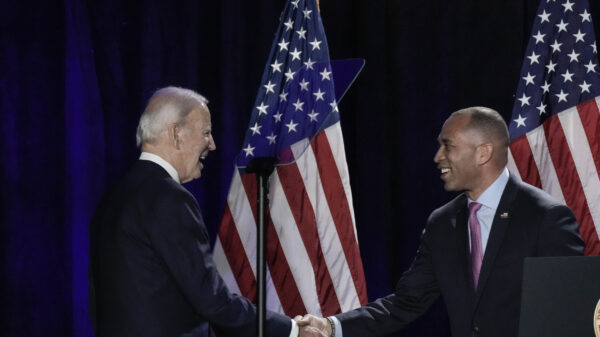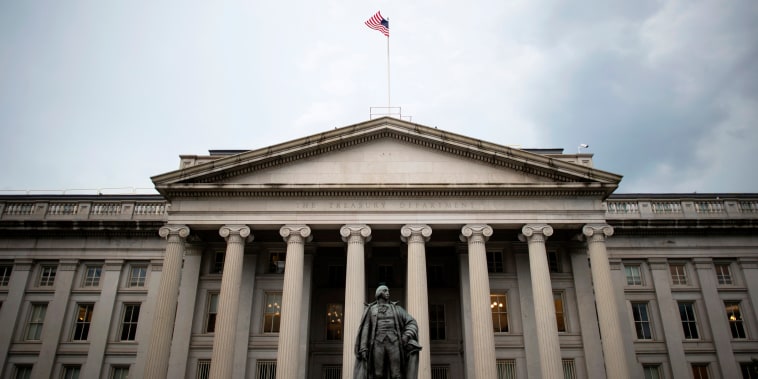The United States is currently facing a major economic crisis, and the ongoing debt limit debate is only making things worse. The country’s economic outlook is already fragile, and the uncertainty surrounding the debt limit is causing even more instability.
The debt limit is the maximum amount of money that the U.S. government can borrow to fund its operations. The current debt limit is set at $28.4 trillion, and the government is expected to hit that limit in the coming weeks. If the debt limit is not raised, the government will be unable to pay its bills, which could lead to a default on its debt.
The debt limit debate has become a political battleground, with Republicans and Democrats unable to agree on a solution. Republicans are demanding spending cuts in exchange for raising the debt limit, while Democrats are pushing for a clean debt limit increase without any conditions.
The uncertainty surrounding the debt limit is causing investors to become nervous, which could lead to a sell-off in the stock market. This could have a ripple effect throughout the economy, leading to job losses and a slowdown in economic growth.
The U.S. economy is already facing a number of challenges, including rising inflation, supply chain disruptions, and a labor shortage. The debt limit debate is only adding to these challenges, making it even more difficult for the economy to recover.
It is imperative that Congress comes to a solution on the debt limit as soon as possible. Failure to do so could have disastrous consequences for the U.S. economy and the millions of Americans who rely on it.































